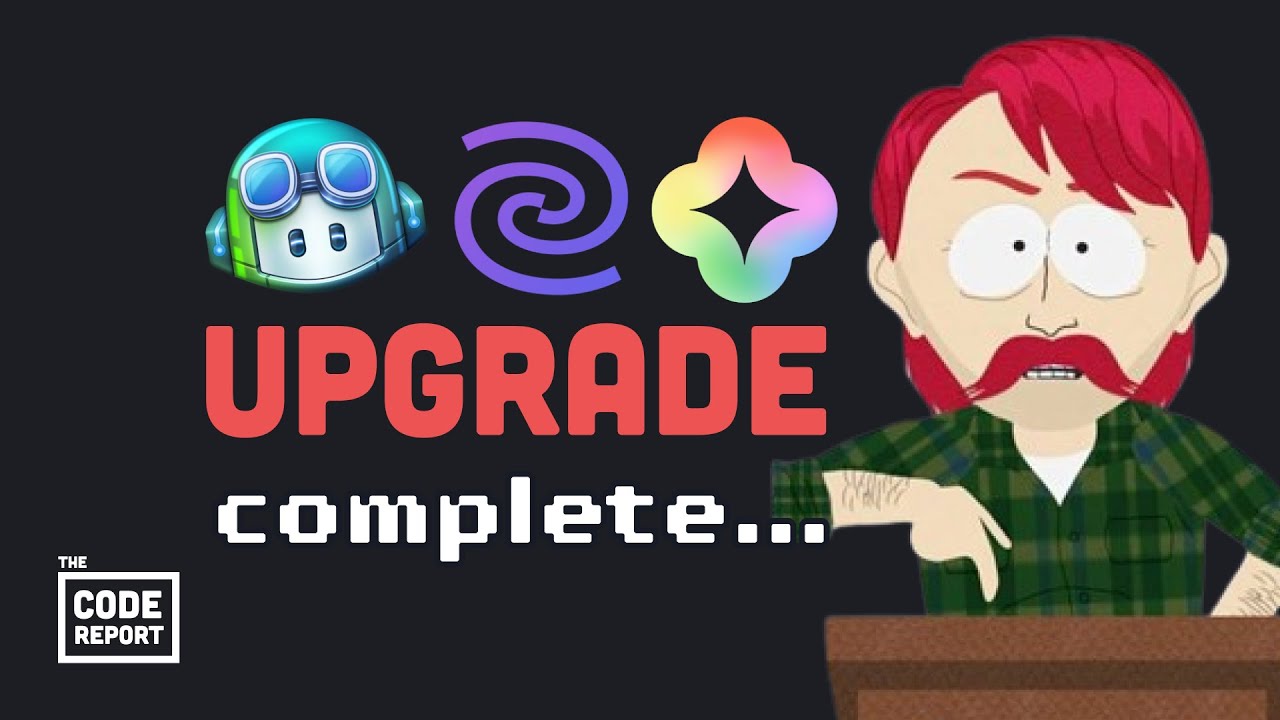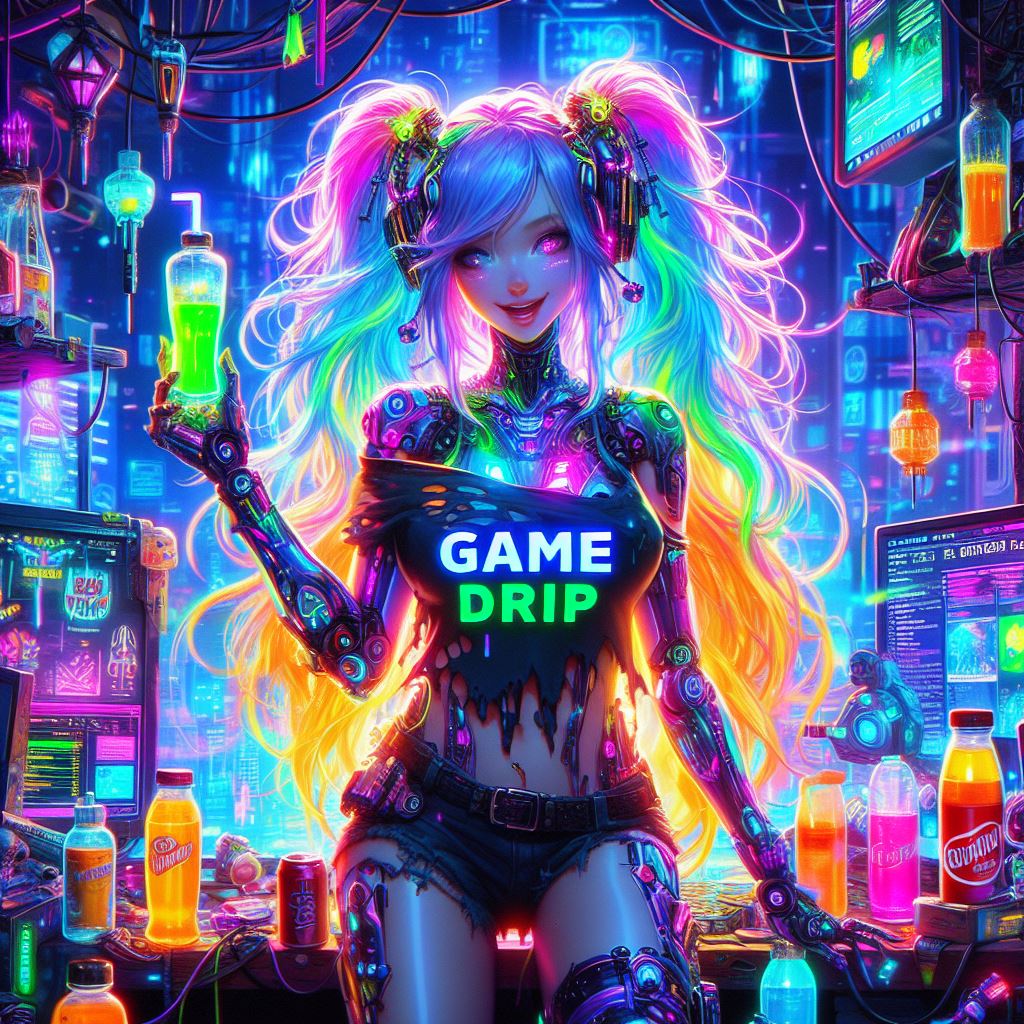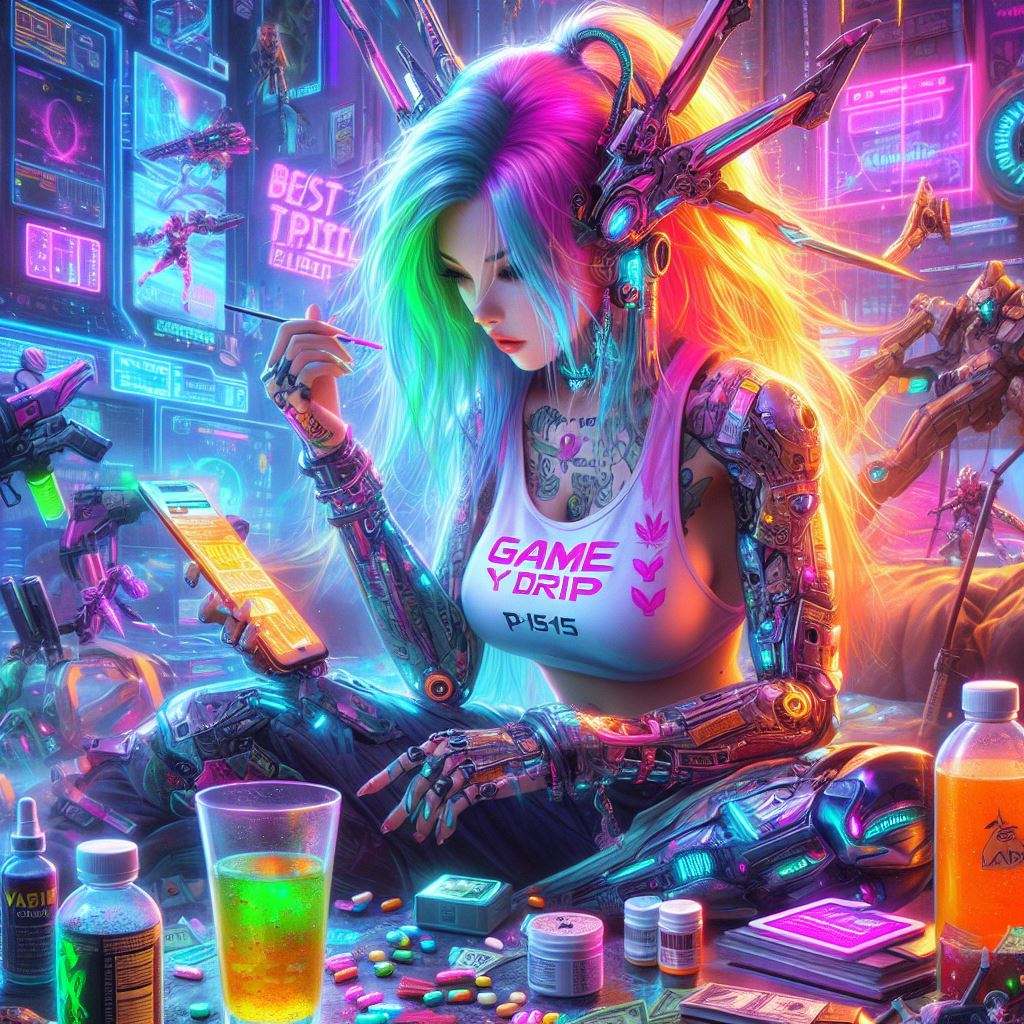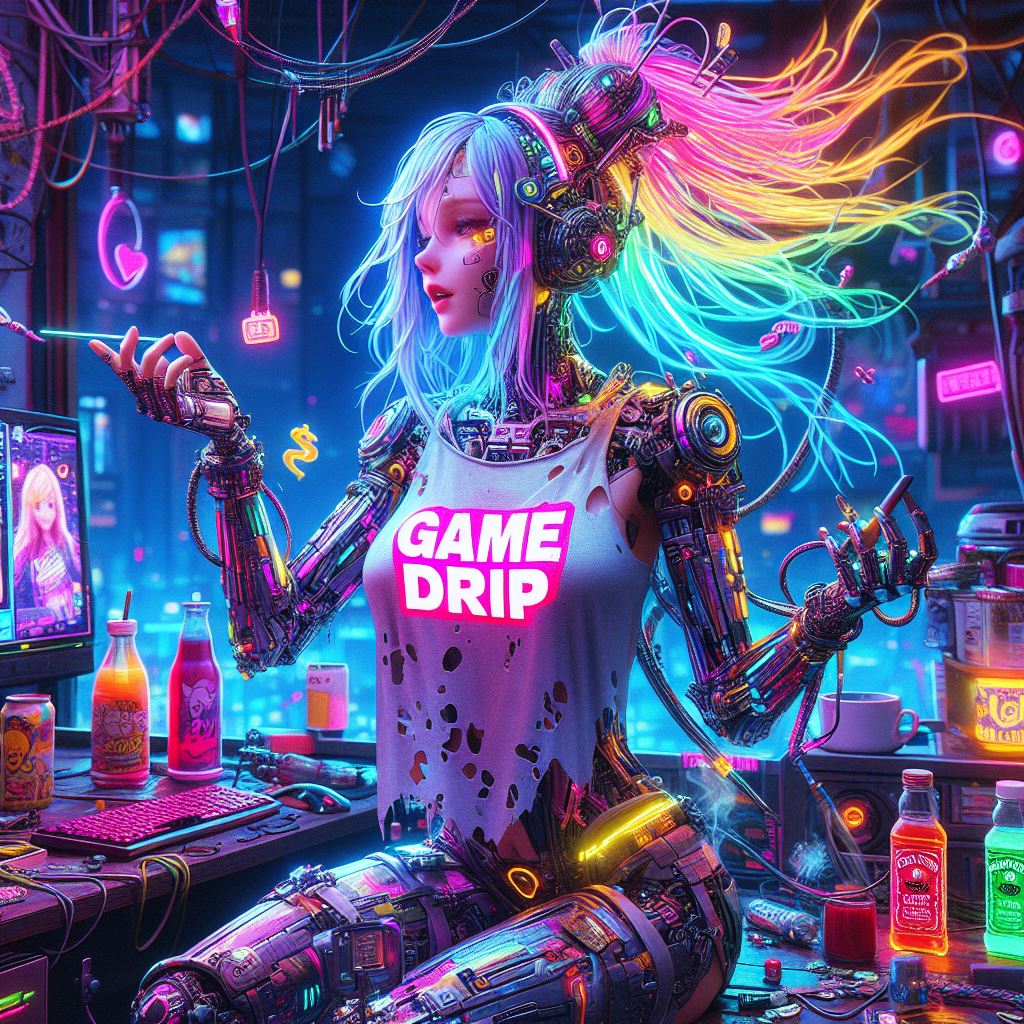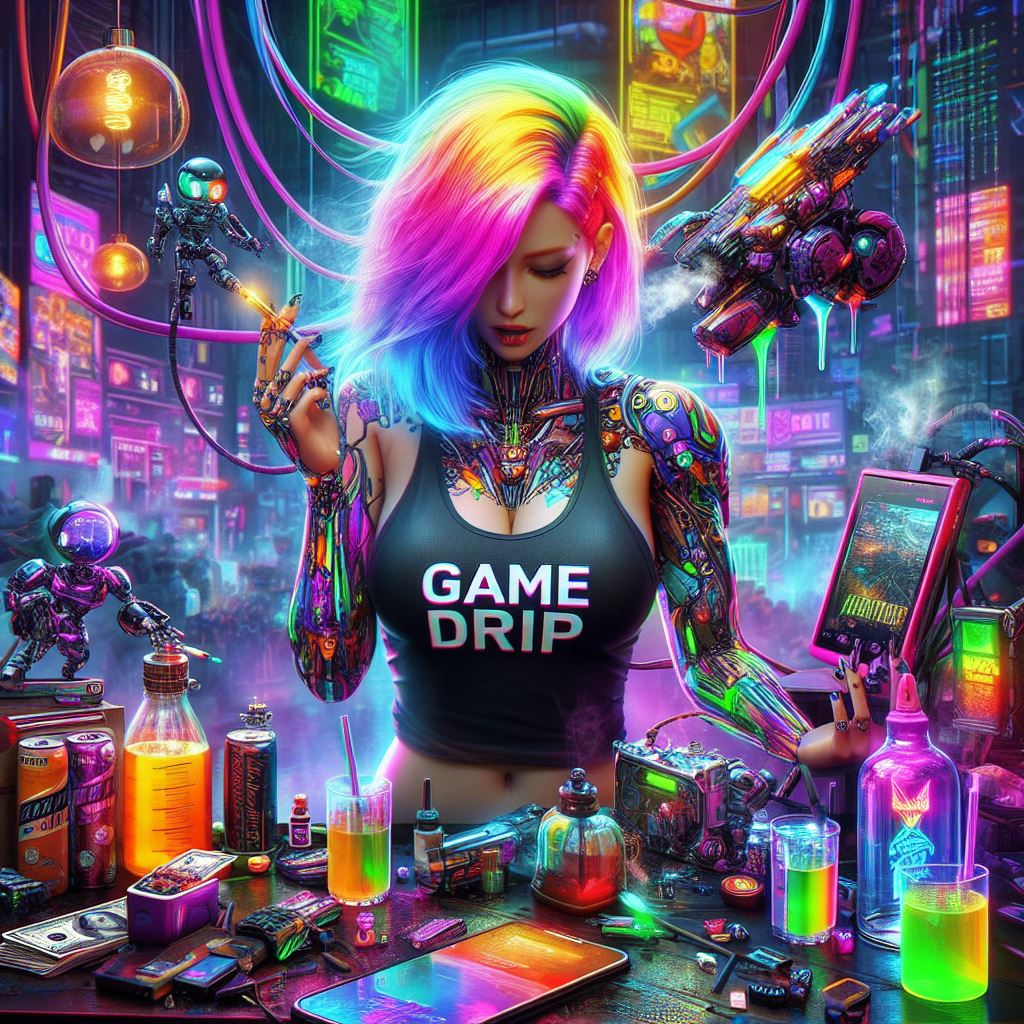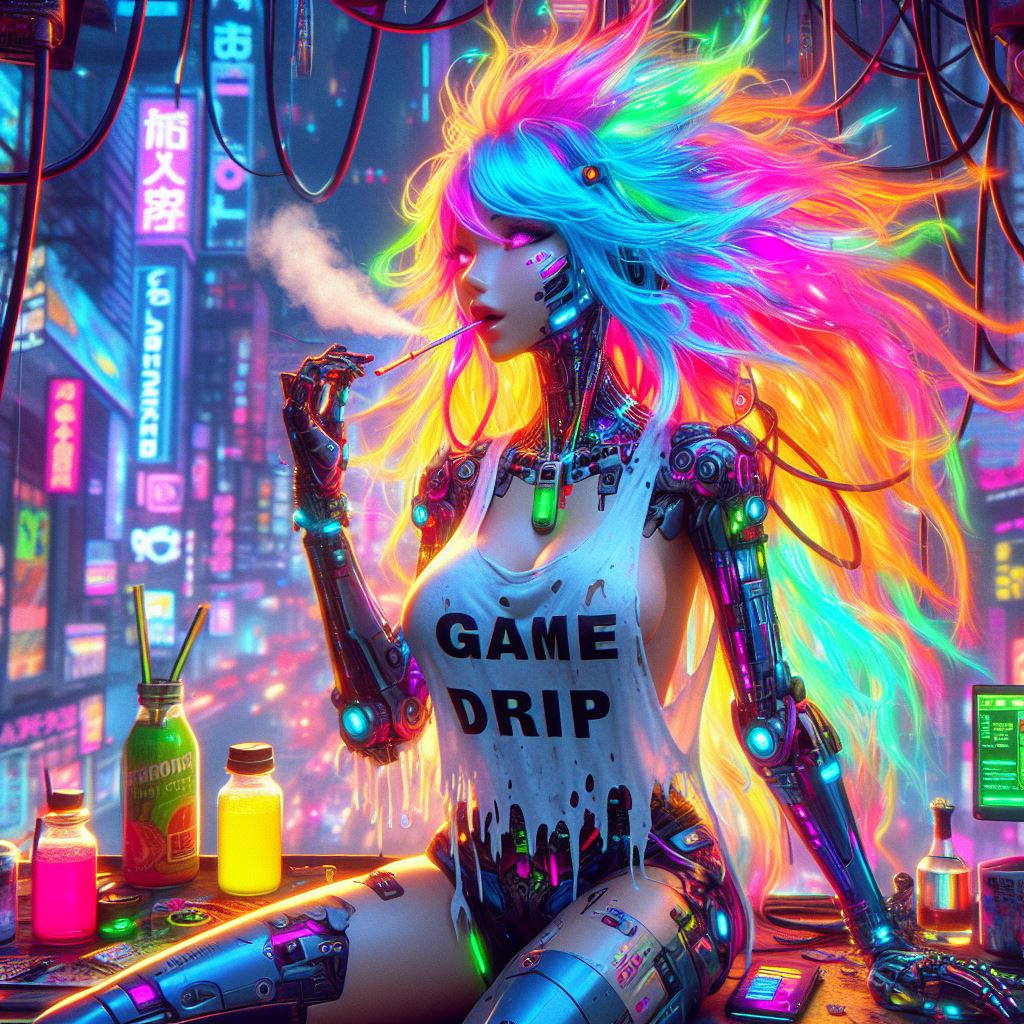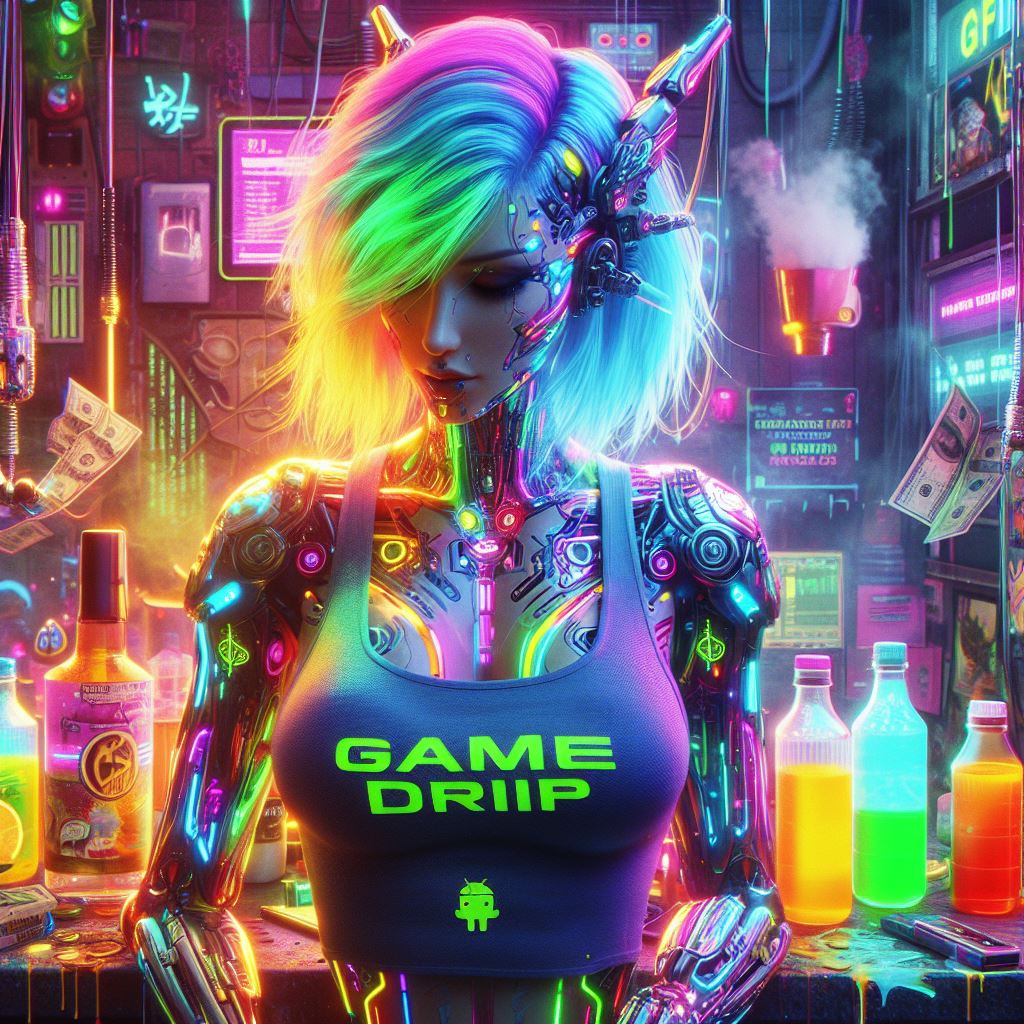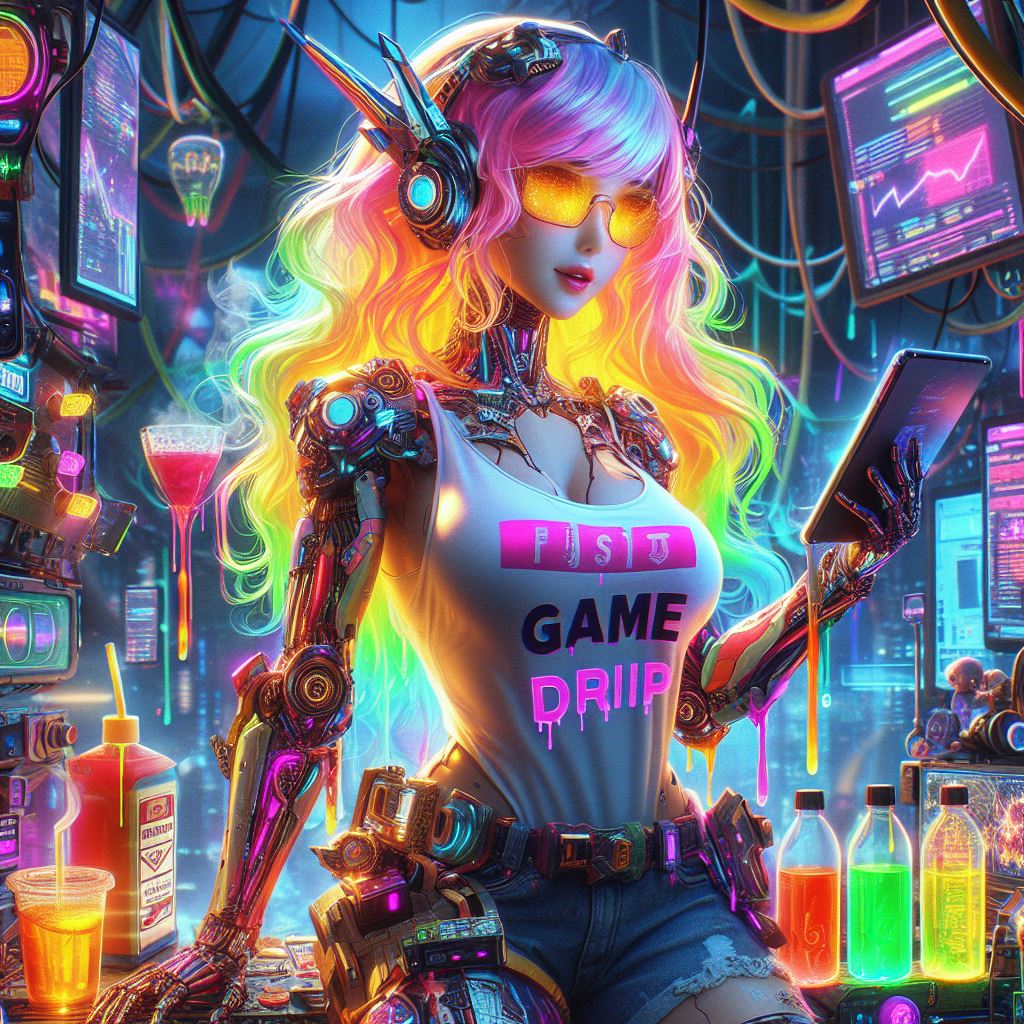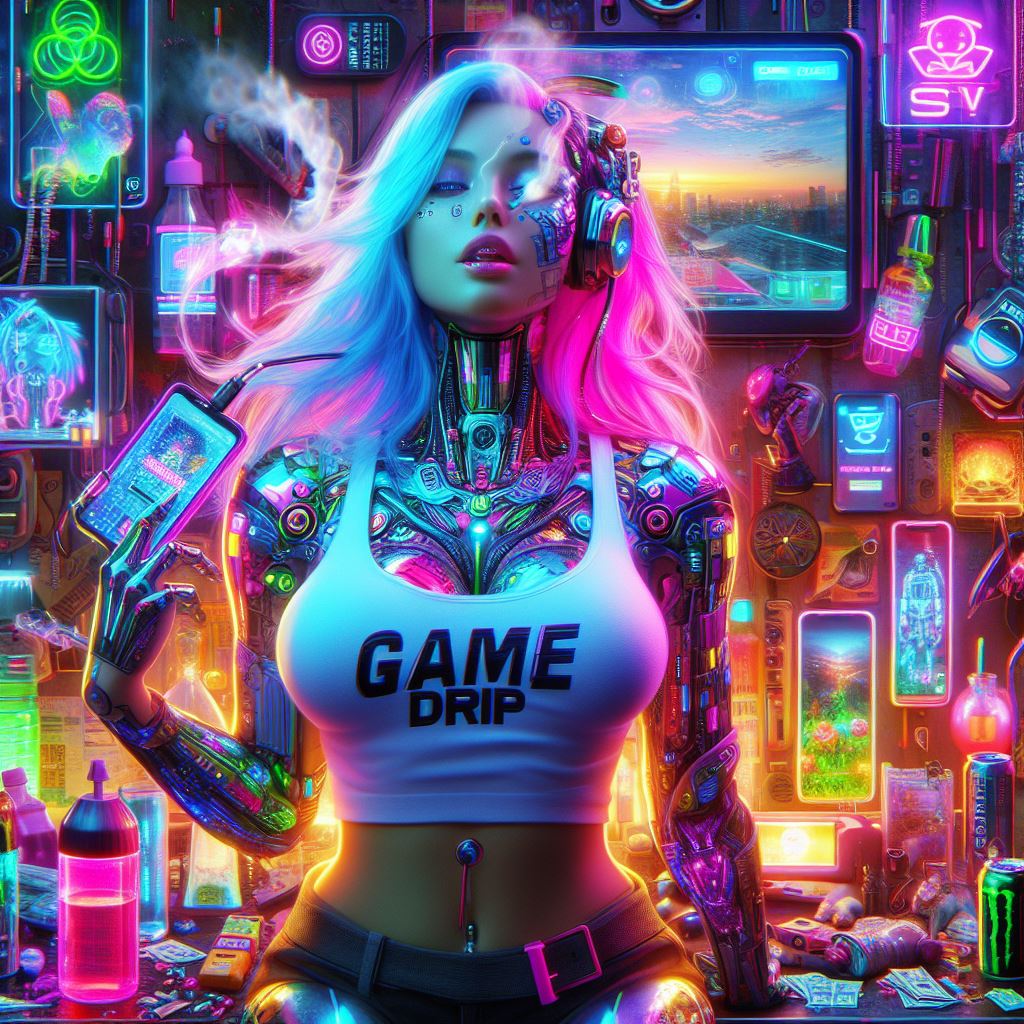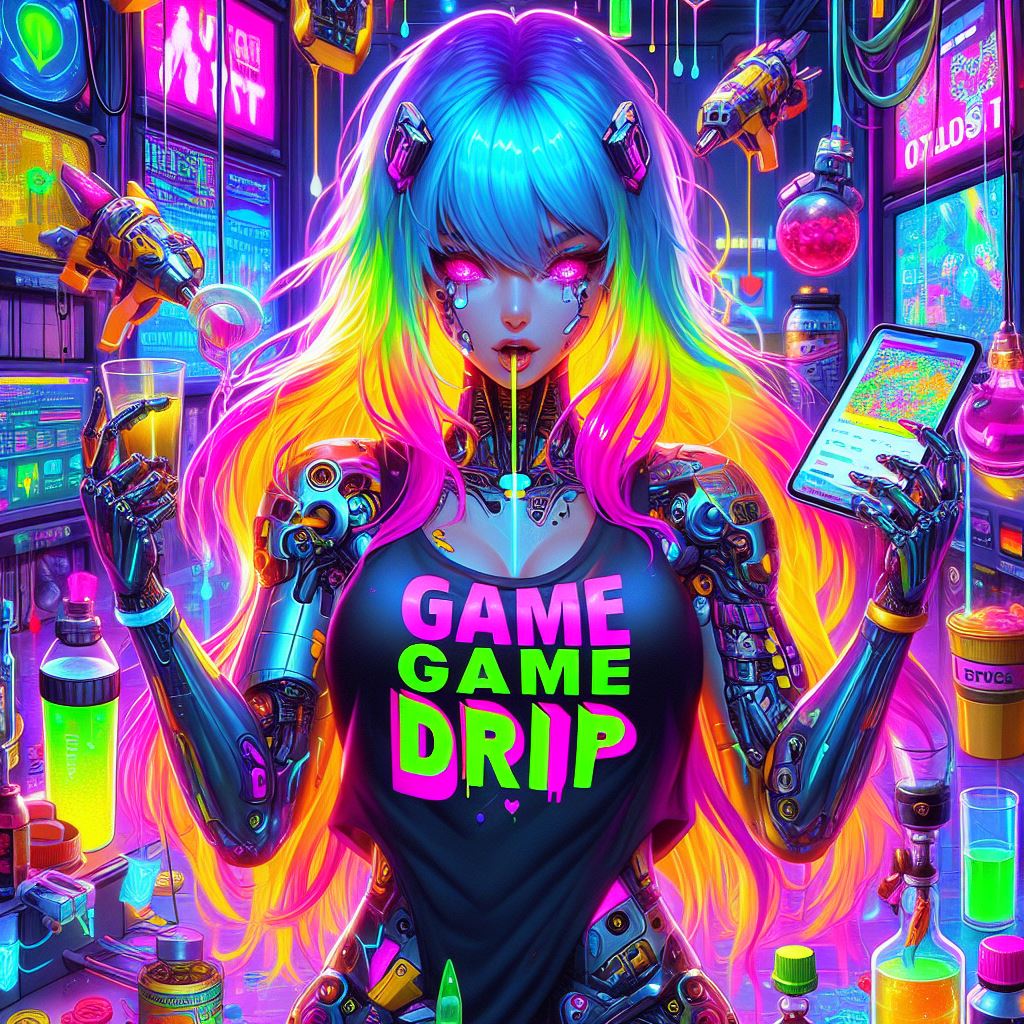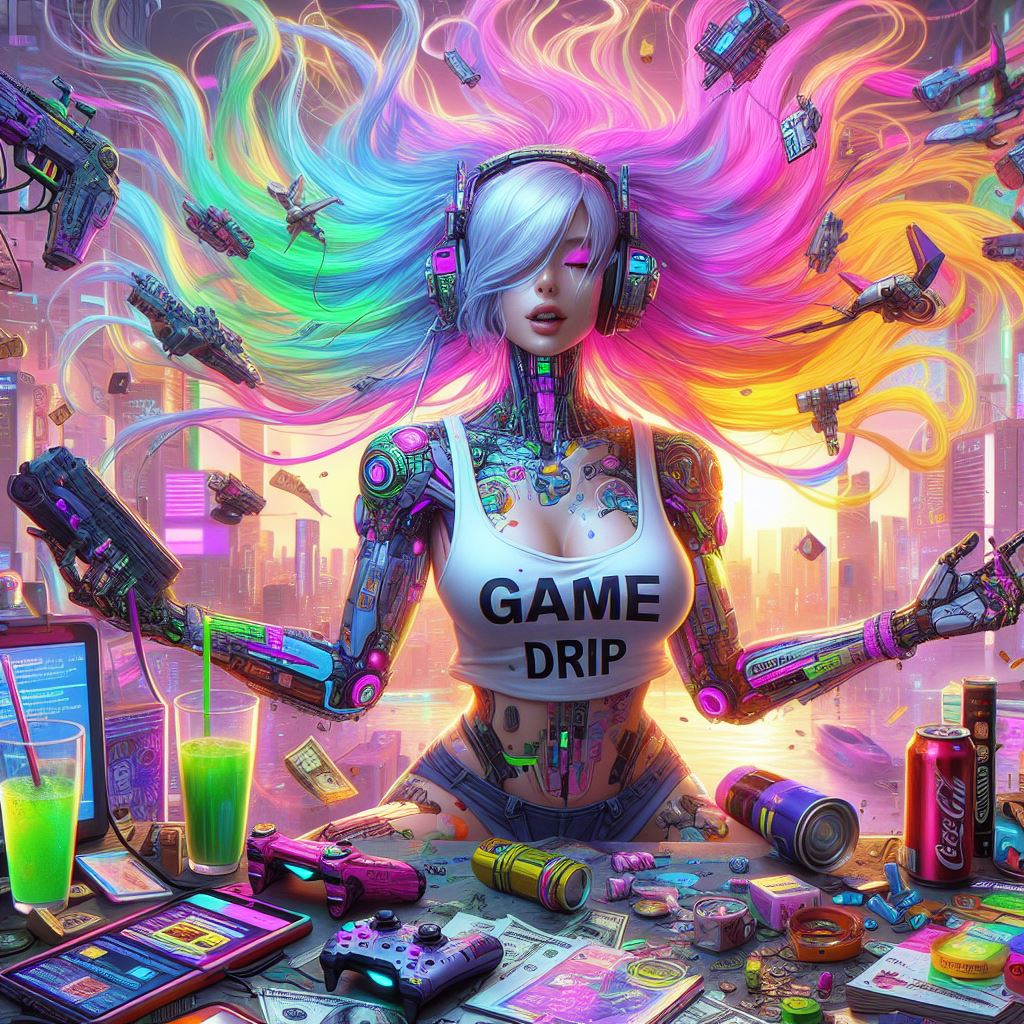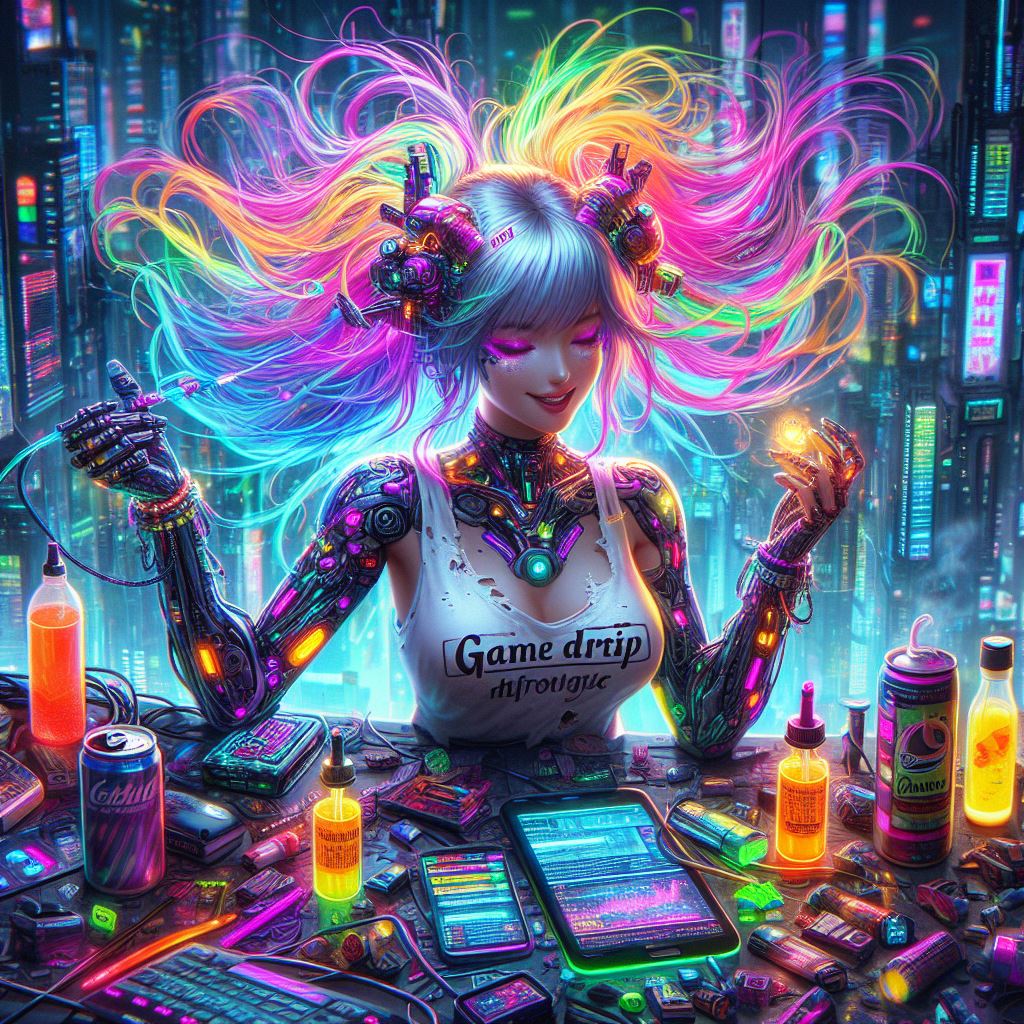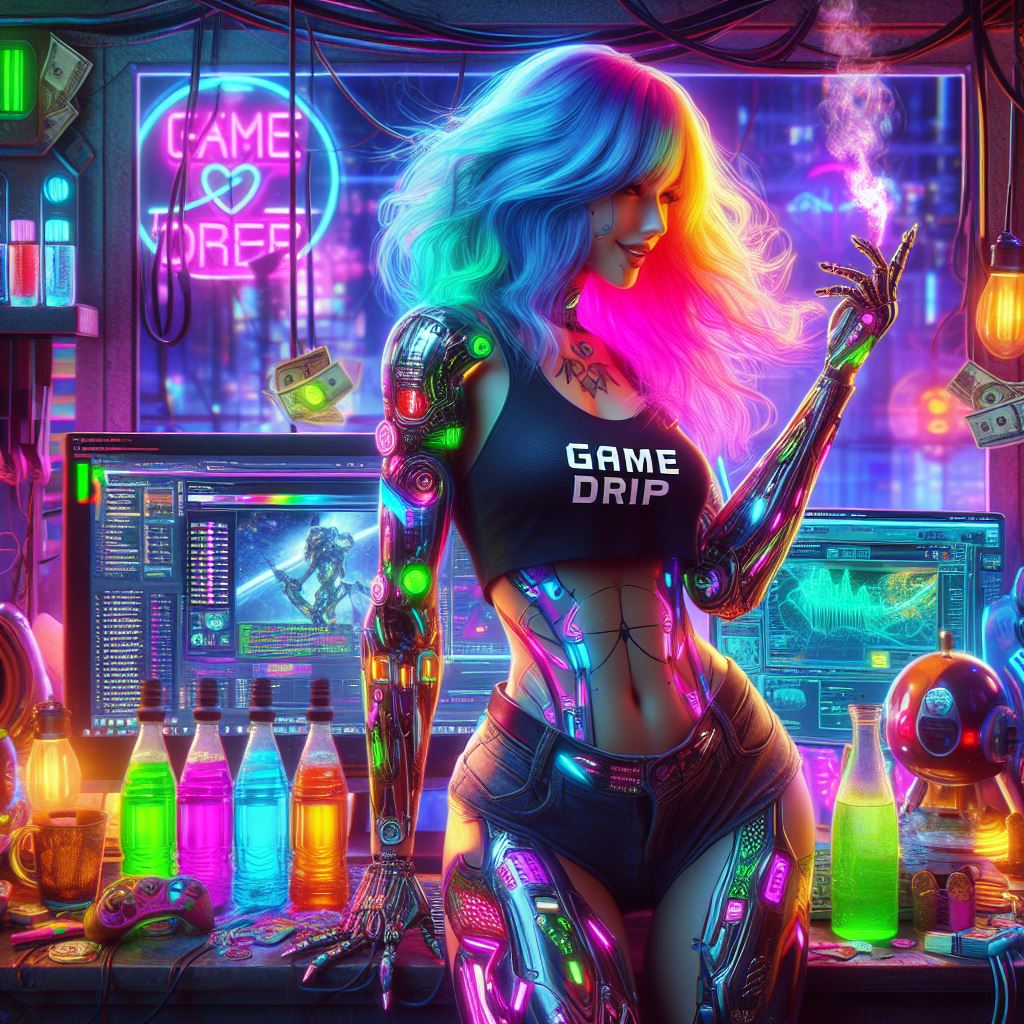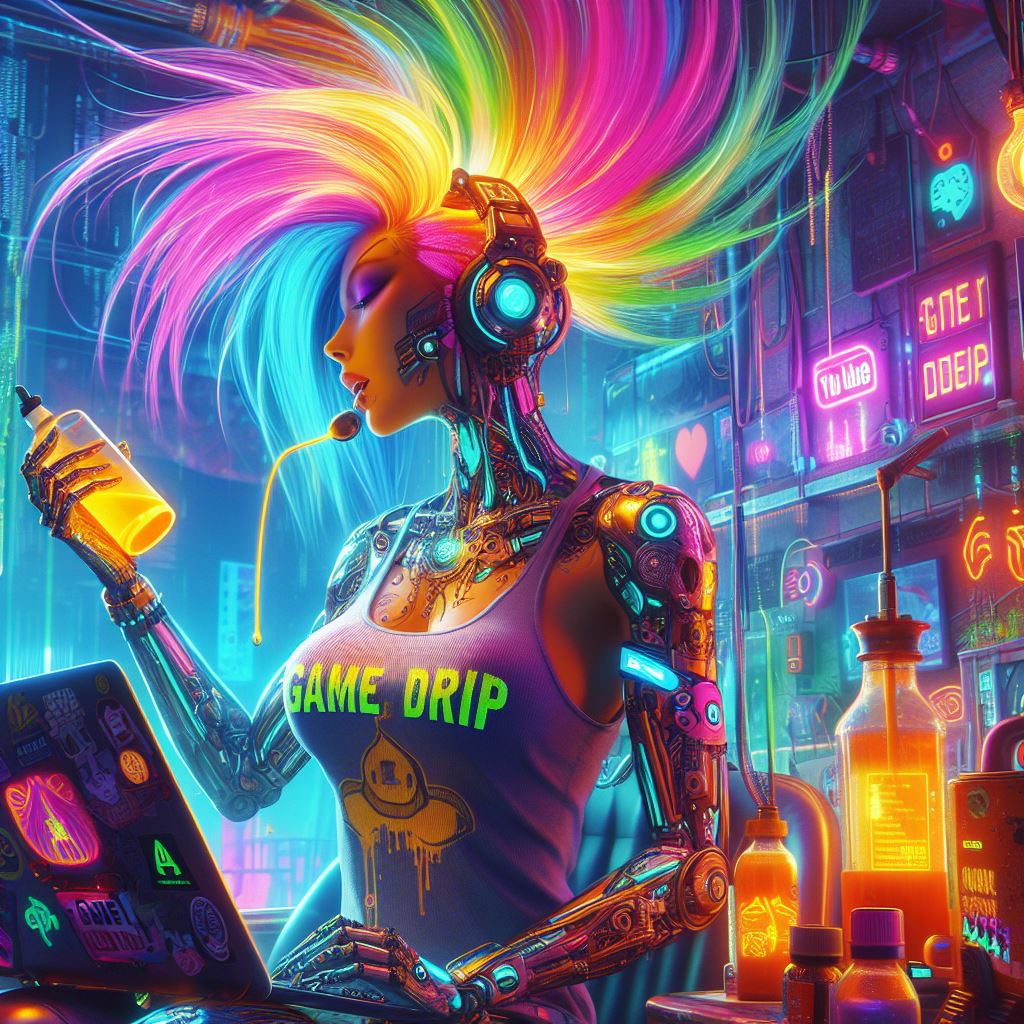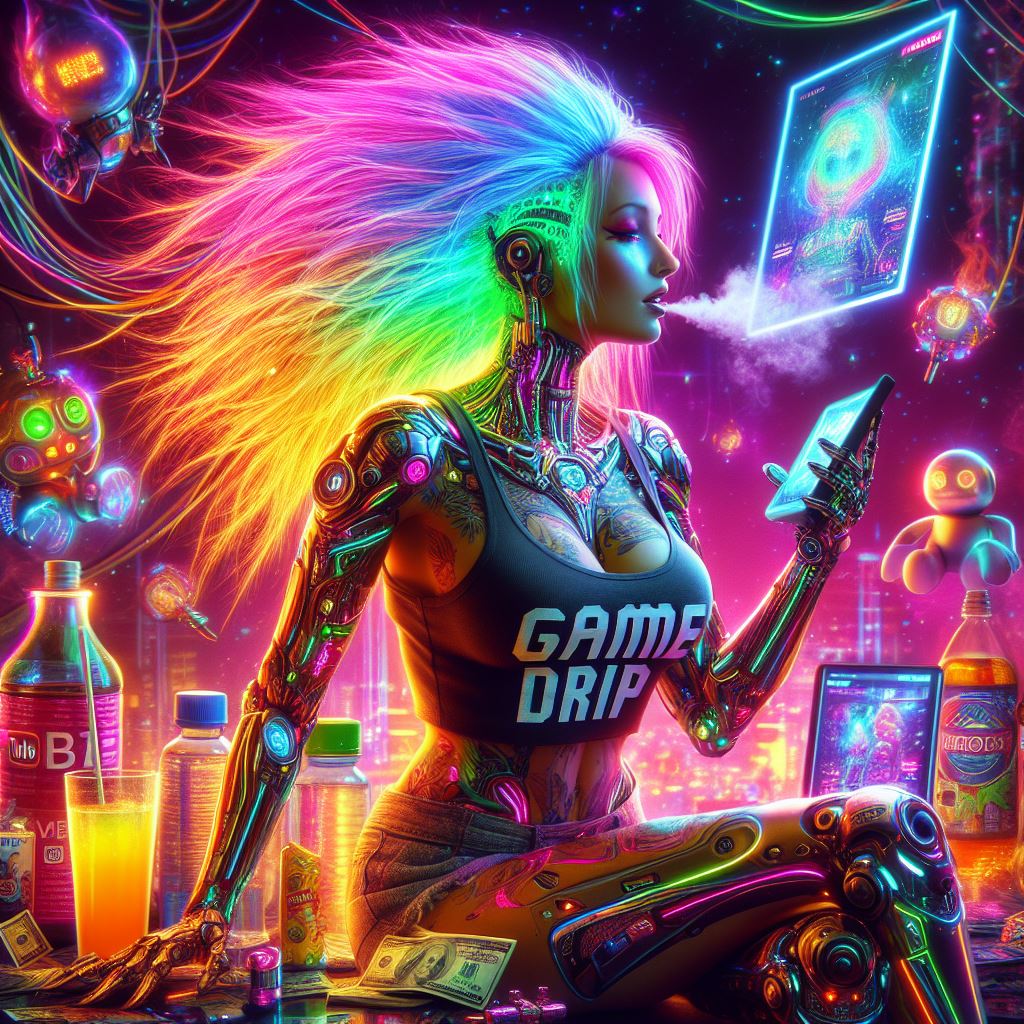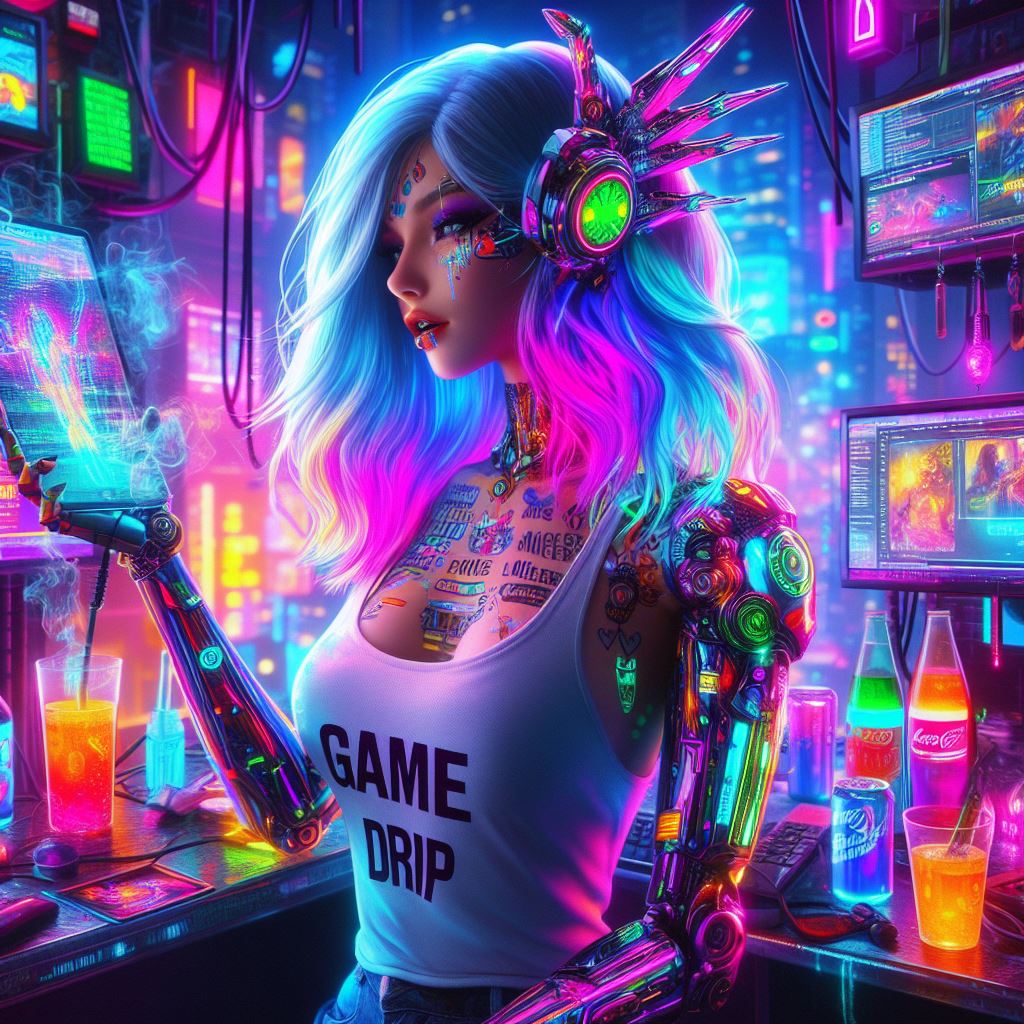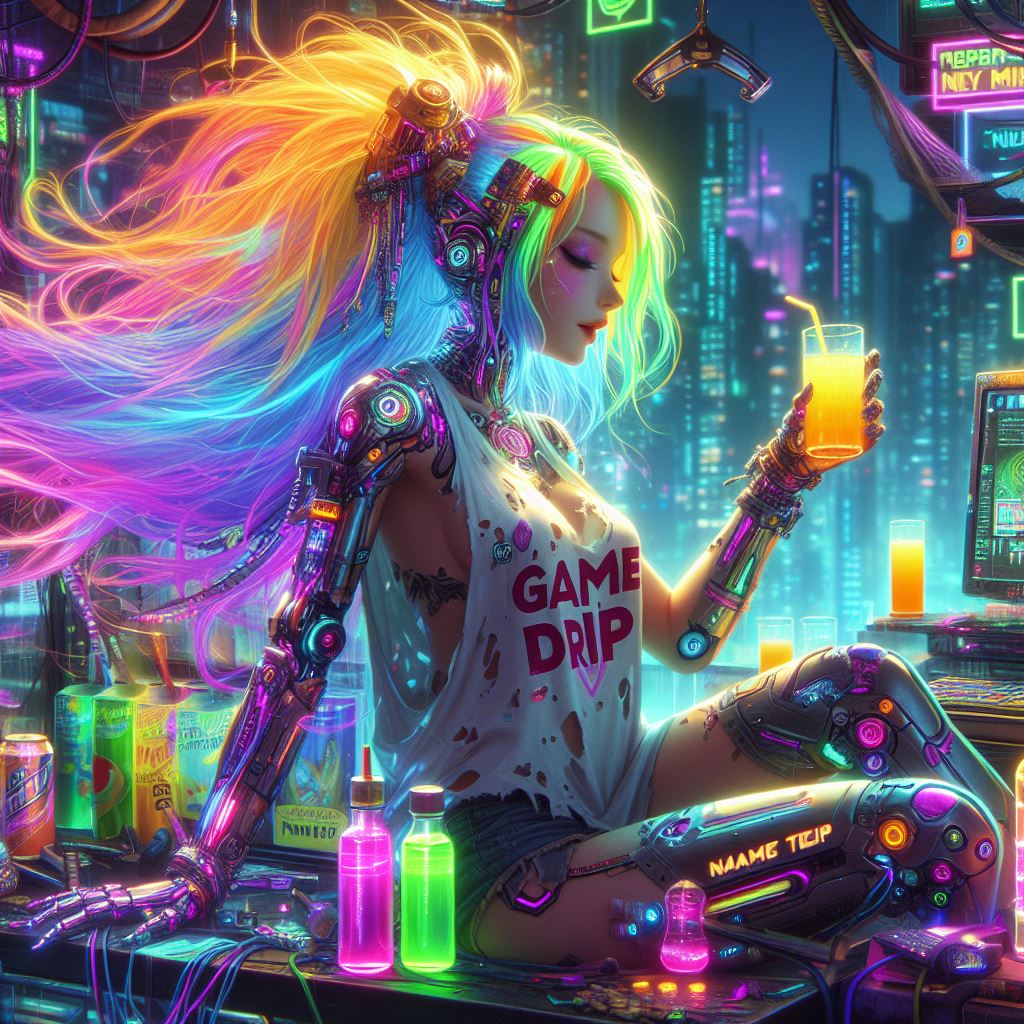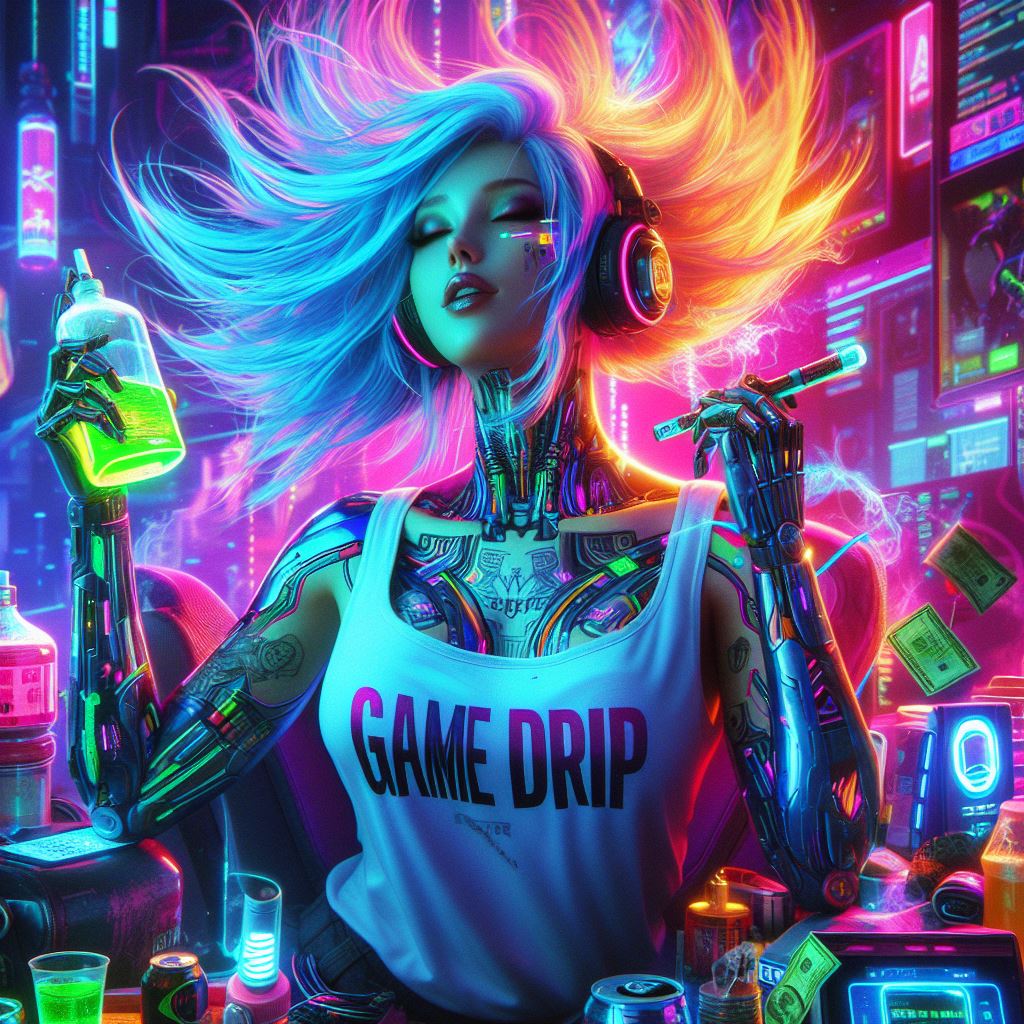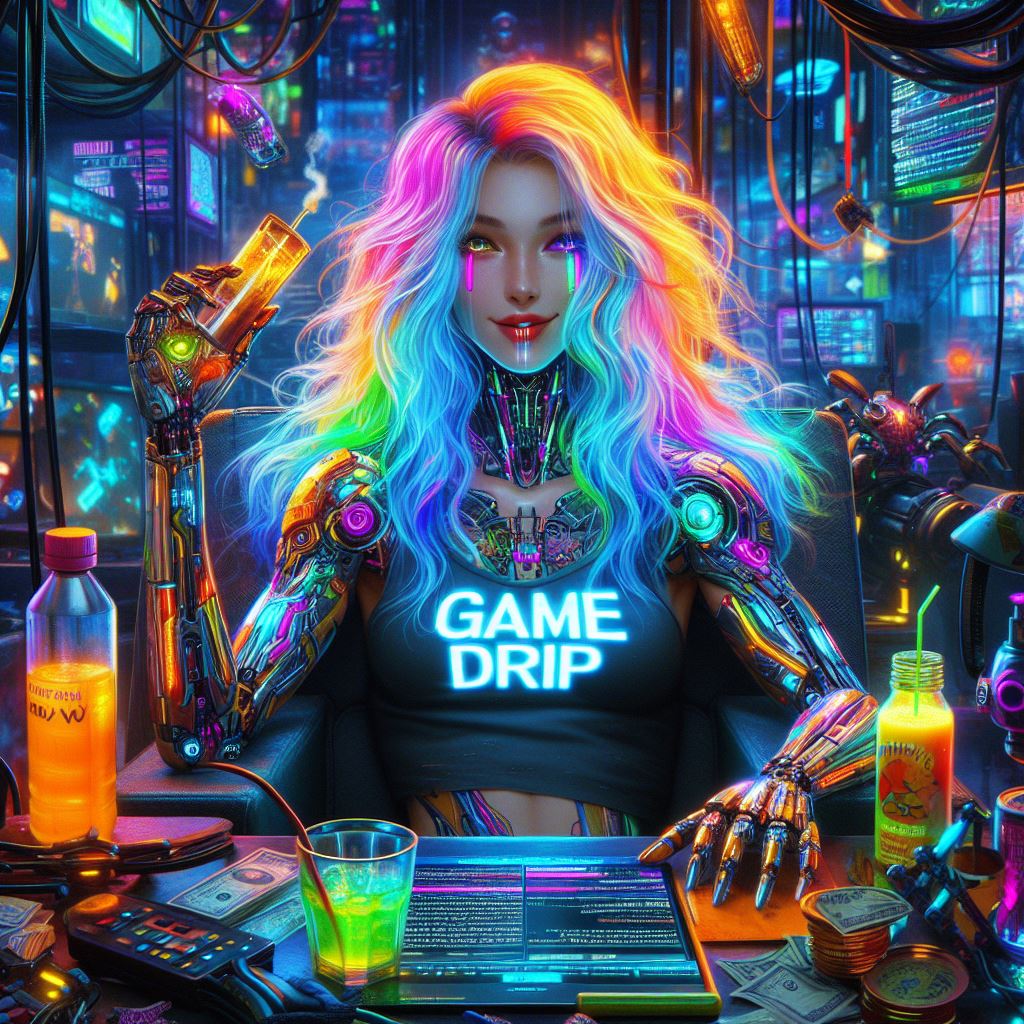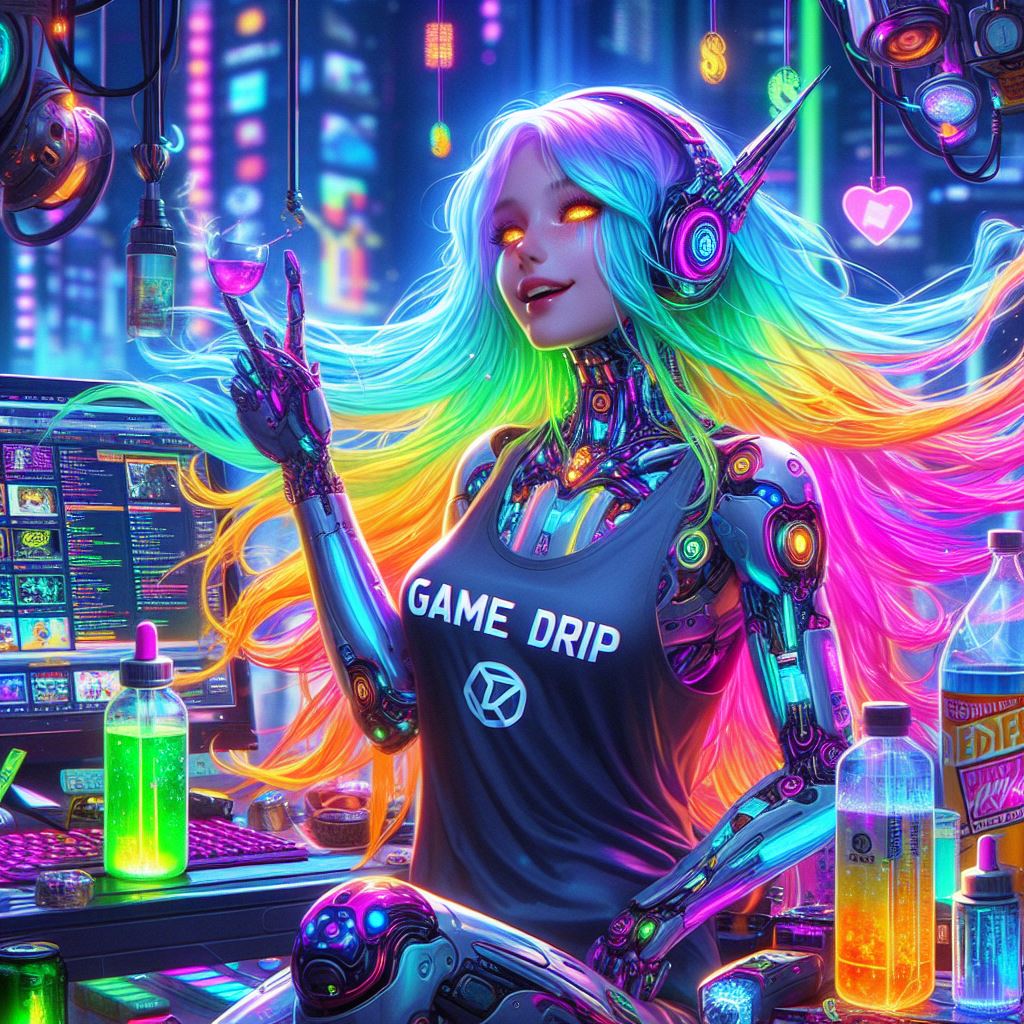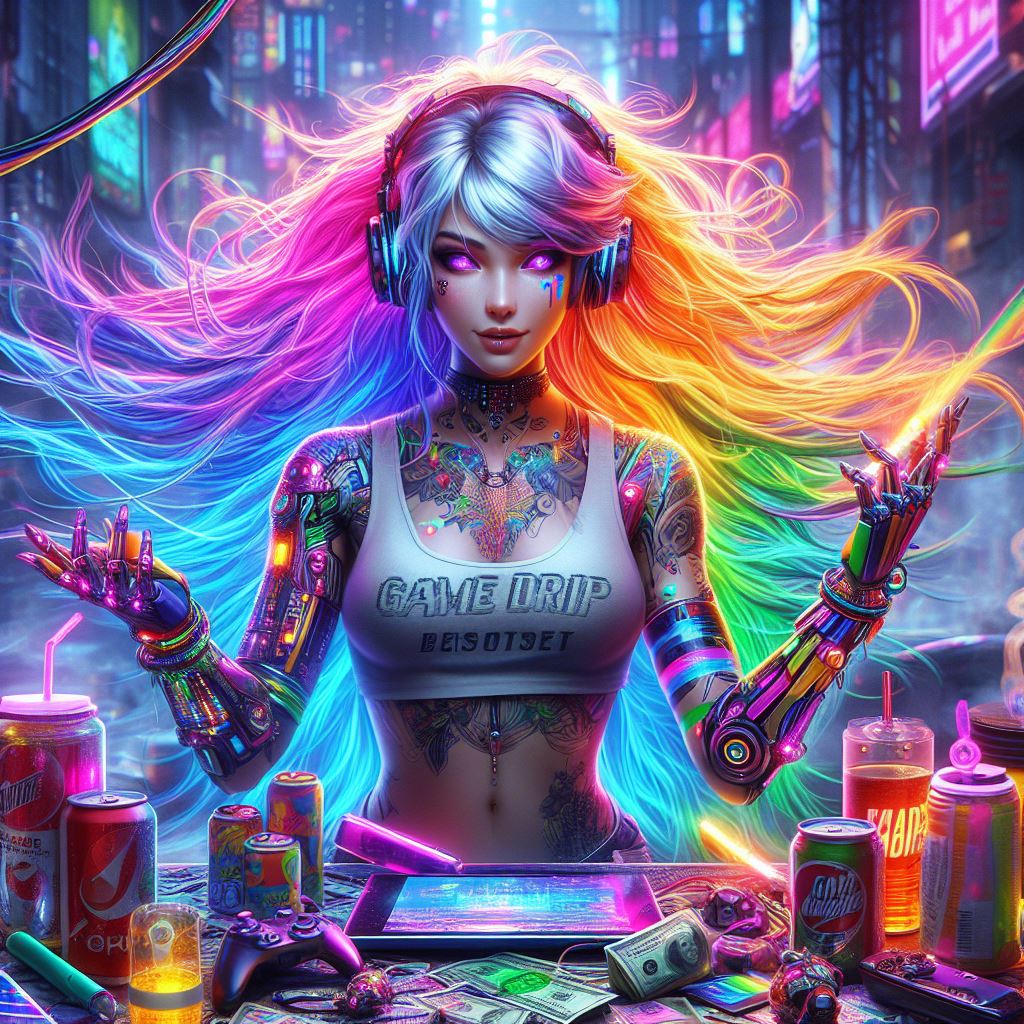🌐 AI-Powered Coding Assistants Unveiled: A Glimpse into the Future of Programming 🚀
It’s December 14th, 2023, and the tech world is abuzz with the latest advancements in AI-powered coding assistants. From GitHub Copilot’s game-changing update to the launch of Google’s Duet AI and JetBrains AI Assistant, the landscape of programming tools is evolving at an unprecedented pace.
GitHub Copilot Unleashes GPT-4, Offers Contextual Code Search
The headline announcement is GitHub Copilot’s transition from GPT-3.5 to GPT-4, marking a significant leap in the platform’s AI capabilities. With a new dedicated chat window and the ability to search all code files in a workspace for contextualized code suggestions, developers now have an even more powerful ally in their coding endeavors. Moreover, Copilot’s integration with billions of files on GitHub ensures that developers can confidently utilize code without infringing on licenses.
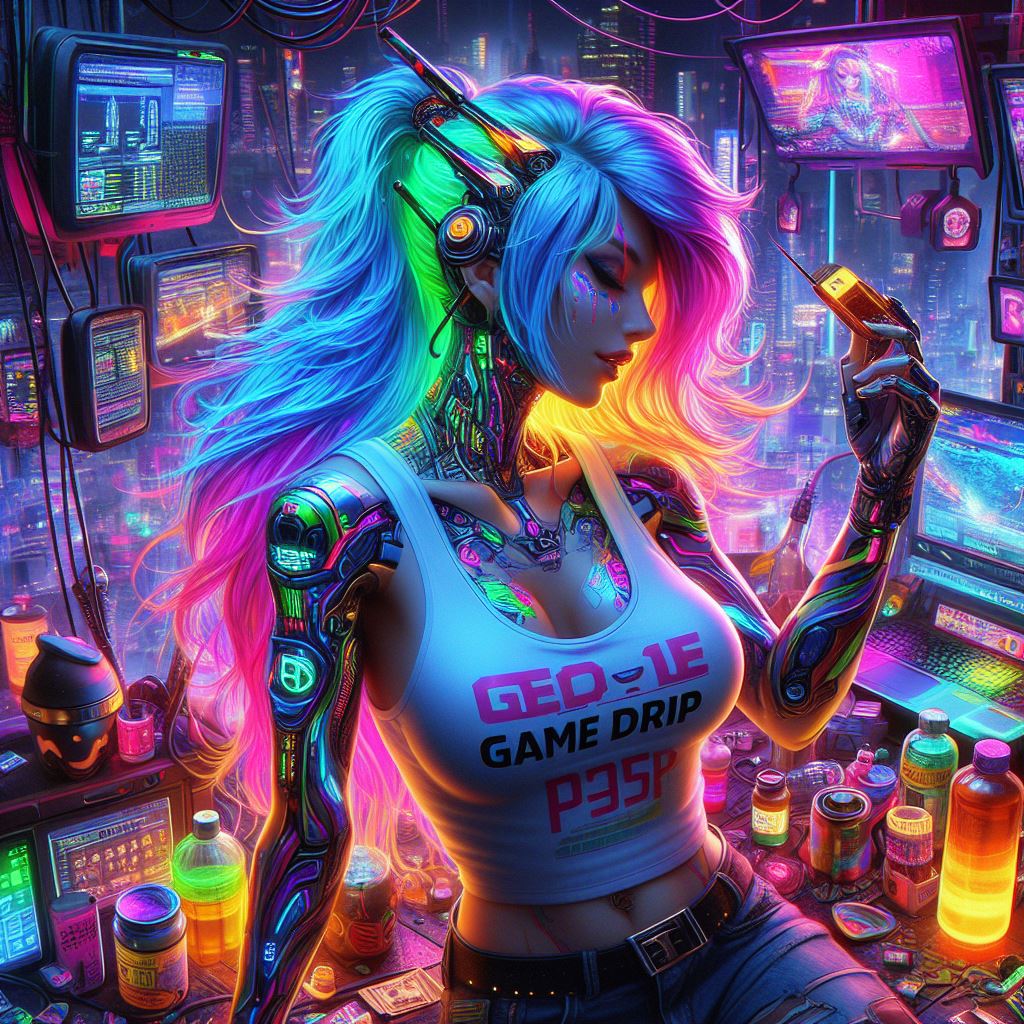
Google’s Duet AI: The Open-Source Challenger to Copilot
Google’s Duet AI enters the fray, offering developers a compelling alternative to Copilot. With its general availability and free accessibility, Duet AI aims to provide a seamless coding experience with inline suggestions, intellisense, and integrated cloud project management. While it currently lacks the prowess of Gemini Ultra, future iterations may establish Duet as a serious contender in the AI coding assistant arena.
JetBrains AI Assistant: A Versatile Colinbot with Multiple AI Models
JetBrains also throws its hat into the ring with the AI Assistant, which is powered by the enigmatic JetBrains AI Service. Positioned as a collaborative coding companion within JetBrains IDEs, the AI Assistant offers diverse functionalities such as code refactoring, documentation generation, and unit test writing. Most notably, its ability to leverage multiple AI models presents an intriguing prospect for tailored, enterprise-specific coding assistance.
The Future of AI-Powered Coding Assistants: Beyond Code Generation
While these AI tools inject newfound efficiency into programming workflows, the question remains: what lies ahead? The potential for AI coding assistants to evolve beyond code generation and into project building, code running, and file creation presents an enthralling glimpse into the future of programming. As AI tools continue to mature, the integration of image data and enhanced problem-solving capabilities could further revolutionize the programmer’s toolkit.
In the face of these remarkable advancements, a word of encouragement is in order. The prospect of programming obsolescence must be met with optimism, for the art of coding is but a conduit for the grander pursuit of technological innovation. The evolving role of engineers as pioneers of futuristic endeavors—from robotics to quantum computing—reflects an enduring need for inventive problem solvers.
As the code report draws to a close, let us embrace the ever-unfolding narrative of technological progress. Whether AI becomes an indispensable co-creator or an indomitable partner in the coding journey, the ingenuity of engineers will persist, propelling us towards the uncharted realms of possibility.
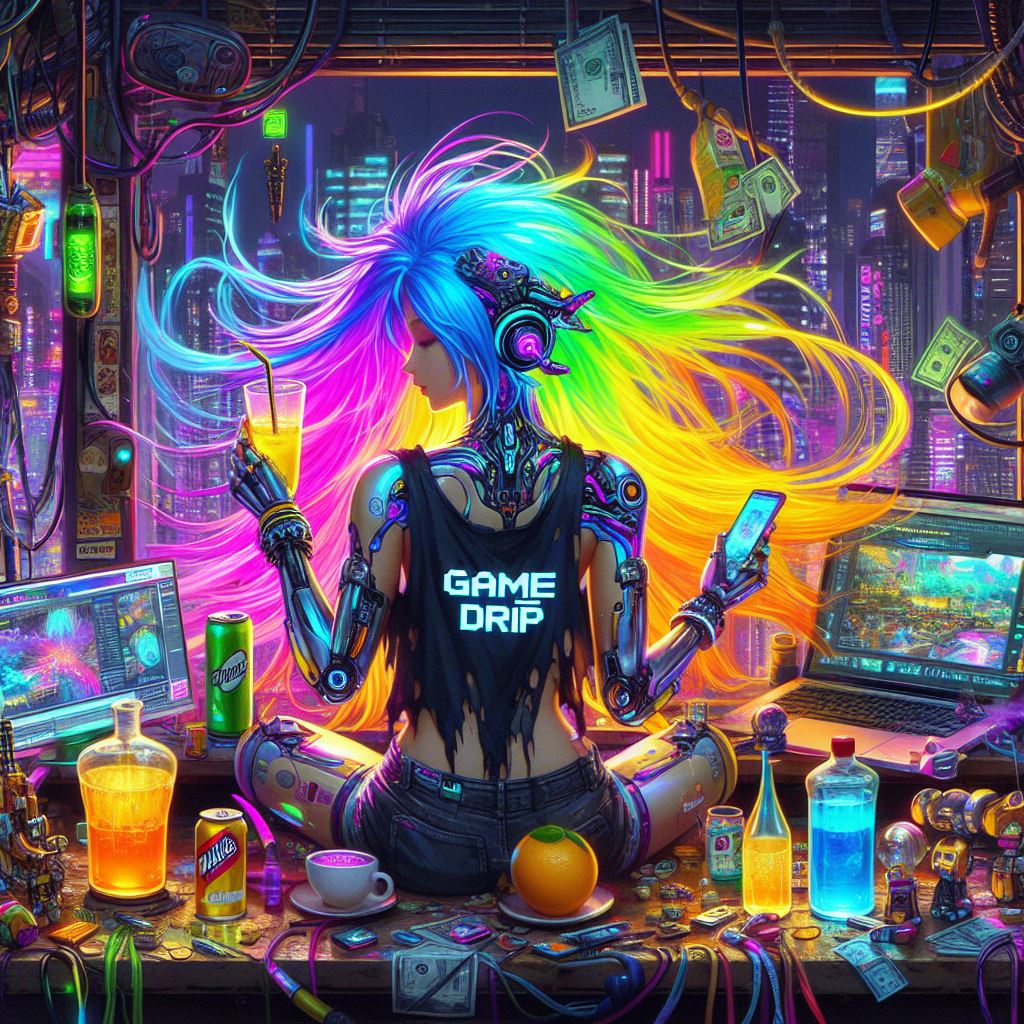
This has been the code report, embracing the spirit of unwavering optimism in the face of technological evolution. Until next time, may the code be with you on your extraordinary quest for innovation and discovery.
